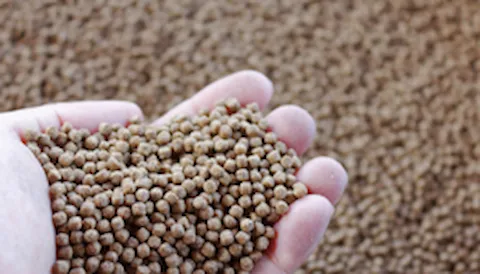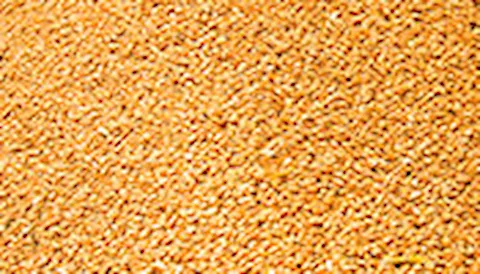Aquaculture Stewardship Council standards
Demonstrate your commitment to responsible aquaculture farming.
Aquaculture Stewardship Council standards
The Aquaculture Stewardship Council (ASC) standards for responsibly farmed seafood enable you to demonstrate to consumers that the seafood has been farmed in a way that minimizes social and environmental impact of aquaculture farming. Certification according to ASC standards will qualify you to use the eco-label on products.
The standards for responsible farming are managed by the Aquaculture Stewardship Council, whose mission is to achieve environmentally sustainable and socially responsible practices in the aquaculture sector using efficient market mechanisms that create value across the chain.
What are the ASC standards?
There are currently eleven ASC standards covering 17 species groups [abalone; bivalves (clams, mussels, oyster, scallop); flatfish; freshwater trout; pangasius; salmon; seabass, seabream, meagre; seriola and cobia; shrimp; tilapia; tropical marine finfish]. Additionally, ASC developed a Pike-perch Module and a RAS module. There is also a joint ASC-MSC (Marine Stewardship Council) standard for seaweed.
To be certified to the ASC standard, farmers must comply with a set of requirements covering:
- Environmental and social impact of farming
- Operation of aquaculture production systems, focusing in particular on biodiversity, feed, pollution, diseases, human rights, as the main issues of fish farming
The standard focuses on production and its immediate inputs, with requirements that build upon best practices. It aims to be a starting point for continuous improvement and is therefore periodically updated to reflect the best available scientific knowledge, management practices and technologies.
Meeting the full suite of requirements will require farms to:
- Have a high level of transparency and regular monitoring of key indicators
- Make some performance data publicly available
- Make other performance data available to the ASC
To carry the ASC eco-label, the integrity of products originating in an ASC-certified farm is verified through the Chain of Custody (CoC) certification. For ASC, Chain of Custody is certified through application of the MSC Chain of Custody standard and additionally, the ASC chain of custody module-specific requirements.
Benefits of becoming certified
Certification to the ASC standards gives producers several benefits:
- Access to markets with requirement for ASC certified seafood
- Clear and credible communication on responsible farming to customers and stakeholders
- Eligibility for products to carry the ASC eco-label
- Structured stakeholder involvement
- Independent verification of environmental and social best practice
Getting started
The first step is to get more information on the certification scheme and become familiar with the ASC standard. The standard is available for download from the ASC website.
Use the ASC pre-audit checklist as a tool to make sure you meet data collection requirements prior to the first audit. Some indicators require data to be collected at least 6 months prior to the first audit.
DNV is an independent third-party certification body accredited for the ASC Farm standard, as well as the MSC Chain of Custody standard and the ASC Chain of Custody module. We can support you with certification to this standard.
Our experts are among the most experienced auditors in the industry, and we can provide certification to the ASC standard for your farm site.
More information

Aquaculture Stewardship Council standard
Download our flyer

Training
Relevant insight in an active learning environment.

Your added value
Find out more on the digital customer experience.
Aquaculture Stewardship Council
The ASC homepage
ASC download centre
Standards, Certification and Accreditation
WWF Sustainable Seafood
About the Aquaculture Dialogues
More information

Training
Relevant insight in an active learning environment.

Your added value
Find out more on the digital customer experience.
ASC
Visit the ASC website
ASC Feed Standard Document
Download the ASC Feed Standard Document - version 1.01 January 2023
ASC Feed Interpretation Manual
Download the ASC Feed Interpretation Manual
More information

MSC Chain of Custody Standard
Download our flyer.

Training
Relevant insight in an active learning environment.

Your added value
Find out more on the digital customer experience.
Marine Stewardship Council homepage
Certification and ecolabelling program for sustainable seafood




